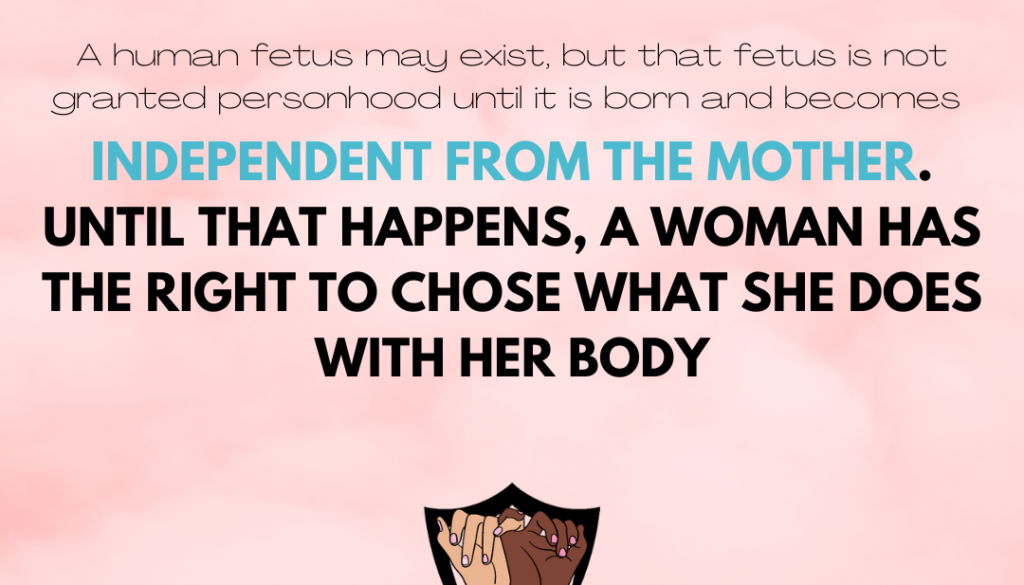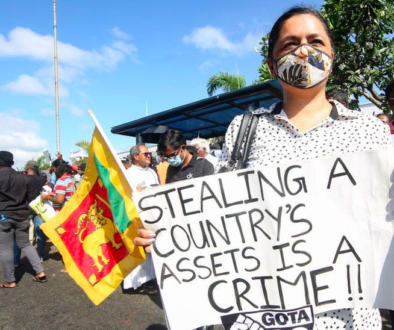WTF Are “Fetal Rights?”
The term fetal rights came into wide usage after Roe v. Wade, the 1973 landmark case that legalized abortion in the United States. Fetal rights are the moral rights or legal rights of the human fetus under natural and civil law.
Natural law → inherent rights we have as humans
Civil law → the constitutional rights provided typically by the state
Believe it or not, there are actually a handful of countries around the world in which a fetus is granted rights and the status of personhood:
Constitutional Protection of Fetal Rights
- Chile: The Constitution guarantees all persons: The right to life and to the physical and mental integrity of the person. The law protects the life of the unborn. (Article 19)
- Dominican Republic: The right to life is inviolable from conception until death. The death penalty may not be established, pronounced, nor applied in any case. (Article 37)
- Ecuador: Children and adolescents shall enjoy the rights that are common to all human beings, in addition to those that are specific to their age. The State shall recognize and guarantee life, including care and protection from the time of conception. (Article 45)
- El Salvador: El Salvador recognizes the human person as the origin and the end of the activity of the State, which is organized to attain justice, judicial security, and the common good. In that same manner, it recognizes as a human person every human being since the moment of conception. (Article 1)
- Guatemala: The State guarantees and protects the human life from its conception, as well as the integrity and security of the person. (Article 3)
- Hungary: Human dignity shall be inviolable. Every human being shall have the right to life and human dignity; the life of the foetus shall be protected from the moment of conception. (Article 2)
- Honduras: The unborn shall be considered as born for all rights accorded within the limits established by law. (Article 67)
- Madagascar: The State recognizes and organizes for all individuals the right to the protection of health from their conception through the organization of free public health care, which gratuitousness results from the capacity of the national solidarity. (Article 19)
- Philippines: The State recognizes the sanctity of family life and shall protect and strengthen the family as a basic autonomous social institution. It shall equally protect the life of the mother and the life of the unborn from conception. (Section 12)
- Slovakia: Everyone has the right to life. Human life is worthy of protection already before birth. Article 15)
I think it is pretty straight-forward, whether it’s a single-cell human zygote, a more developed human embryo, or a fetus… it is scientifically speaking, a human being. But the question as to what point a human person begins is a philosophical question (often referred to as personhood).
This idea of personhood is an important topic in philosophy and law as it is tied with the groundings for legal and political concepts of citizenship, equality, and liberty— because only a legal person has rights, protections, privileges, responsibilities, and legal liability.
International human rights doctrine typically lack the inclusion of the fetus as a person for the purposes of human rights. Article 1 of the universal Declaration of Human Rights (UDHR), the most widely utilised contemporary human rights framework, states that All human beings are born free and equal in dignity and rights. This means that all of the rights we are guaranteed within the UDHR begin from when we are born, not conceived.
A fetus becomes a person when: It is born, and it has become independent from the body of it’s mother. Until that point, a woman has the right to chose what happens to her body.







The concept of personhood is a legal and ethical one that has been debated by philosophers, theologians, and lawyers for centuries. In general, personhood refers to the status of being a human being with certain rights and responsibilities. There is no single answer to the question of when personhood begins, as different individuals may have different opinions on the matter. However, most countries recognise birth as the start of personhood. This is based on the legal principle of “jus soli,” which states that an individual’s nationality is determined by their place of birth. Birth is also considered to be a key milestone in an individual’s development, as it marks the beginning of their life outside of the womb. As such, it is generally accepted that personhood begins at birth.




